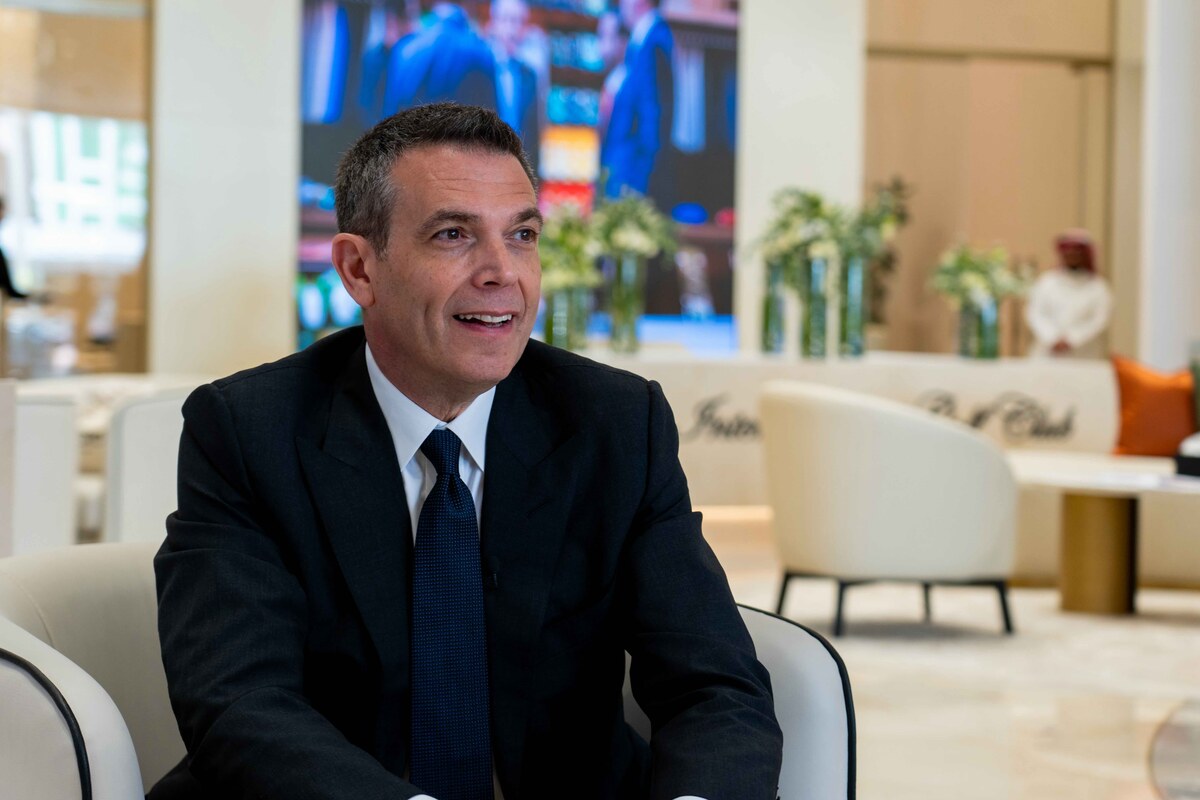RIYADH: Construction permits led Saudi Arabia’s investment licenses in the second quarter of 2024, with 737 issued, representing 27 percent of the total, according to official data.
Figures from the Kingdom’s Ministry of Investment quarterly report also revealed that this number represents a 32.1 percent increase compared to the same period last year.
Saudi Arabia is aiming to increase foreign direct investment inflows by SR388 billion annually by the end of the decade, contributing 5.7 percent to GDP, as part of its Vision 2030 economic diversification strategy.
Additionally, the goal is to achieve overall gross fixed capital formation of SR2 trillion, accounting for a 30 percent contribution to GDP.
Analyzing the latest figures, Albara’a Al-Wazir, economist at the US-Saudi Business Council, told Arab News: “The prominence of construction permits in Saudi Arabia is driven by the Kingdom’s Vision 2030 initiative, which includes mega projects like NEOM and the Red Sea Project.”
He added: “The need for new infrastructure due to population growth, urbanization, and the push to attract foreign investment also contribute.
“Additionally, regulatory reforms have simplified the permit process, encouraging more construction activity in both residential and commercial sectors.
“These factors underscore the construction sector’s key role in Saudi Arabia’s economic diversification efforts.”
The manufacturing sector followed with 469 licenses issued, reflecting a 68.1 percent growth.
Permits for professional, scientific, and technical services reached 318, up by 48.6 percent. Information and communication had 232, while accommodation and food services secured 216, and wholesale and retail trade accounted for 214 licenses.
Collectively, these six sectors represented around 80 percent of the total investment licenses for the quarter, according to the ministry.
In terms of distribution by country, Egypt received the highest number of licenses, with 789 issued in the second quarter of 2024. This marked a 71 percent growth rate from the same period last year.
India followed with 264, Yemen with 251, then Pakistan with 168, and Syria with 141 licenses.
Alwazir explained that significant investments from Egypt, India, and Yemen reflect their recognition of Saudi Arabia’s economic potential under Vision 2030.
These nations are drawn to opportunities in construction, tourism, and technology, and see the Kingdom as a strategic gateway to the Middle East and North Africa.
Strong bilateral relations and the Kingdom’s efforts to foster a favorable investment climate through reforms and incentives further encourage these countries to look to Saudi Arabia, viewing the Kingdom as a key hub for regional expansion and high returns.
The two countries with the highest increase in investment licenses during this period were Bangladesh, which saw a 406 percent rise to 91 licenses, and China, where licenses grew by 217 percent to 133.
Alwazir told Arab News that China’s Belt and Road Initiative aligns with Saudi infrastructure goals, boosting Chinese investment across multiple sectors. Bangladesh is also increasing its involvement, particularly in construction, trade, and services, driven by the Kingdom’s demand for labor and goods.
Saudi Arabia aims to diversify its economy and achieve sustainable development by fostering investments in key economic sectors.
Guided by Vision 2030, the Kingdom has introduced several national strategies, initiatives, and programs to empower and grow these sectors.
These include attracting investors by organizing and participating in international events and investment forums with various countries, and enhancing investment laws and procedures in collaboration with government entities to strengthen the legislative and regulatory framework.
Additionally, the Kingdom launched the Regional Headquarters program for multinational companies, designed to support and accelerate their growth in the region.
This program offers significant financial incentives, including a 30-year exemption from corporate income tax for foreign companies that establish their Gulf bases in Saudi Arabia.
In the second quarter of 2024, the Ministry of Investment made significant strides in supporting the investment ecosystem and enhancing the investor experience.
According to its quarterly report, 57 licenses for regional headquarters were issued in the second quarter of 2024, marking an 84 percent increase compared to the same period in the previous year.
Additionally, the ministry processed 4,709 applications for the business visit visa, also known as the Visiting Investor, which allows foreign businesspeople to explore opportunities in Saudi Arabia.
The e-platform provided over 58,000 services, reflecting a 31 percent growth from the previous year, while more than 61,000 services were delivered through outreach centers.
The ministry also addressed 38 investor challenges, including legislative and procedural issues. The One Stop Service Center saw impressive growth, offering more than 25,000 services — a 146 percent increase from the same period in the previous year.
In August this year, Saudi Arabia introduced a new Investment Law, set to replace the Foreign Investment Law from 2000.
According to Alwazir, this new law introduces several important provisions to boost investor confidence. It guarantees equal treatment for foreign and domestic investors, eliminating previous barriers and ensuring equal opportunities.
The law also offers stronger protections against expropriation without adequate compensation, addressing a key concern for foreign investors.
Additionally, it streamlines regulatory processes for obtaining licenses and permits, making it easier and faster to enter and operate in the market.
Enhanced dispute resolution mechanisms provide clearer pathways for resolving conflicts, while incentives for strategic sectors like technology, renewable energy, and tourism make investment more attractive.
“By addressing key concerns such as regulatory clarity, protection of assets, and equal treatment, the new law is expected to attract a broader range of global investors and significantly contribute to achieving the FDI target of SR388 billion annually by 2030,” Alwazir said.

























